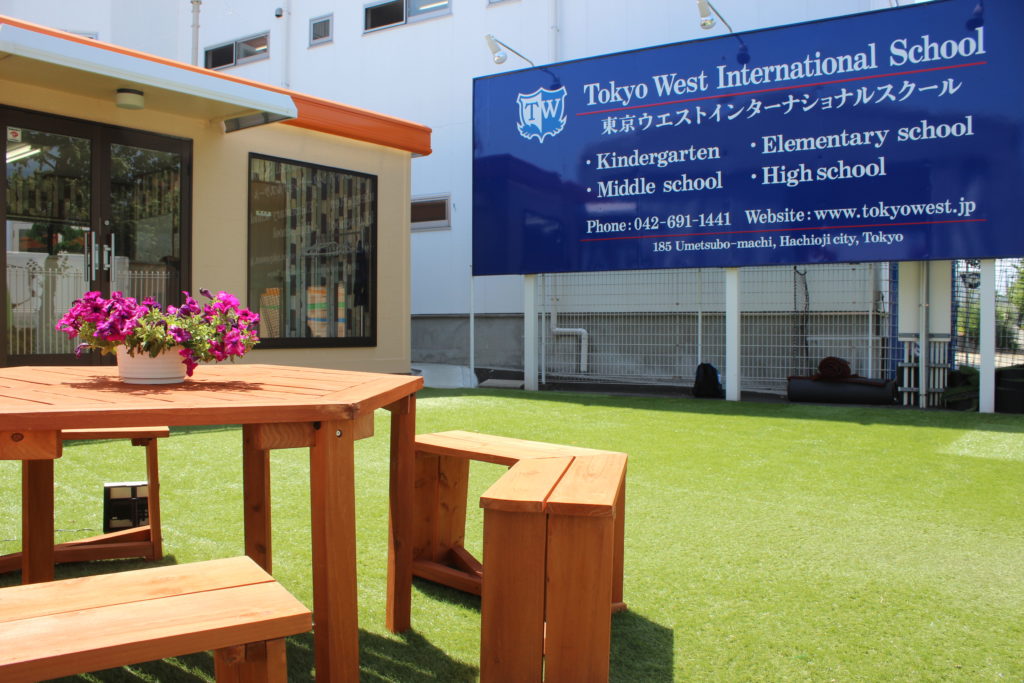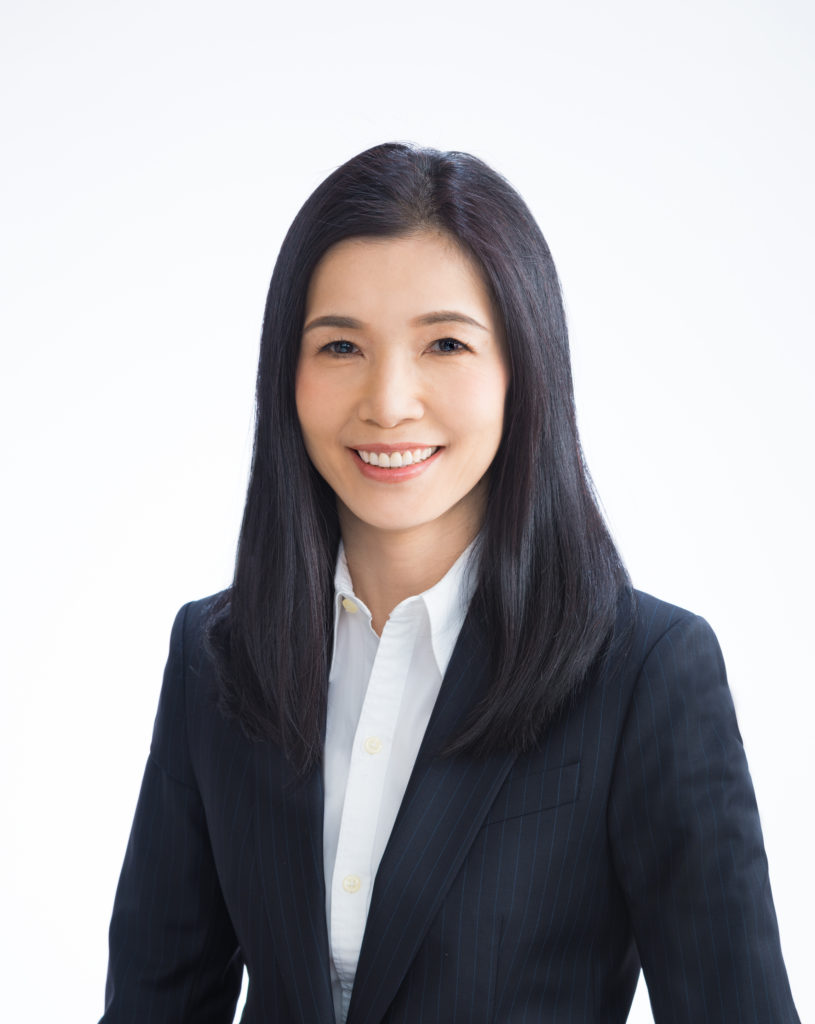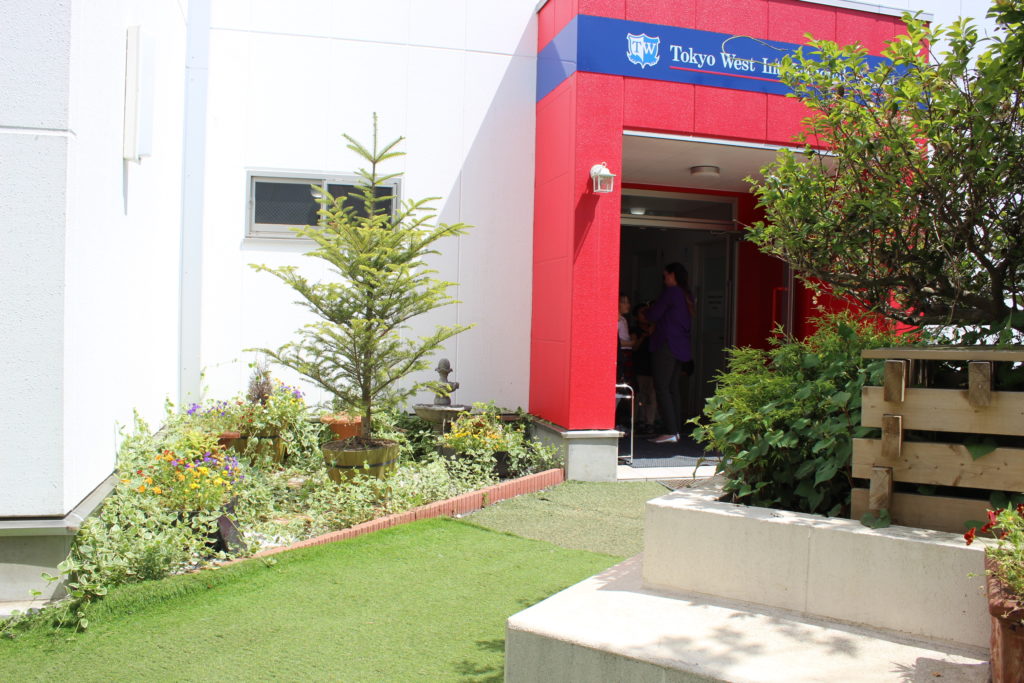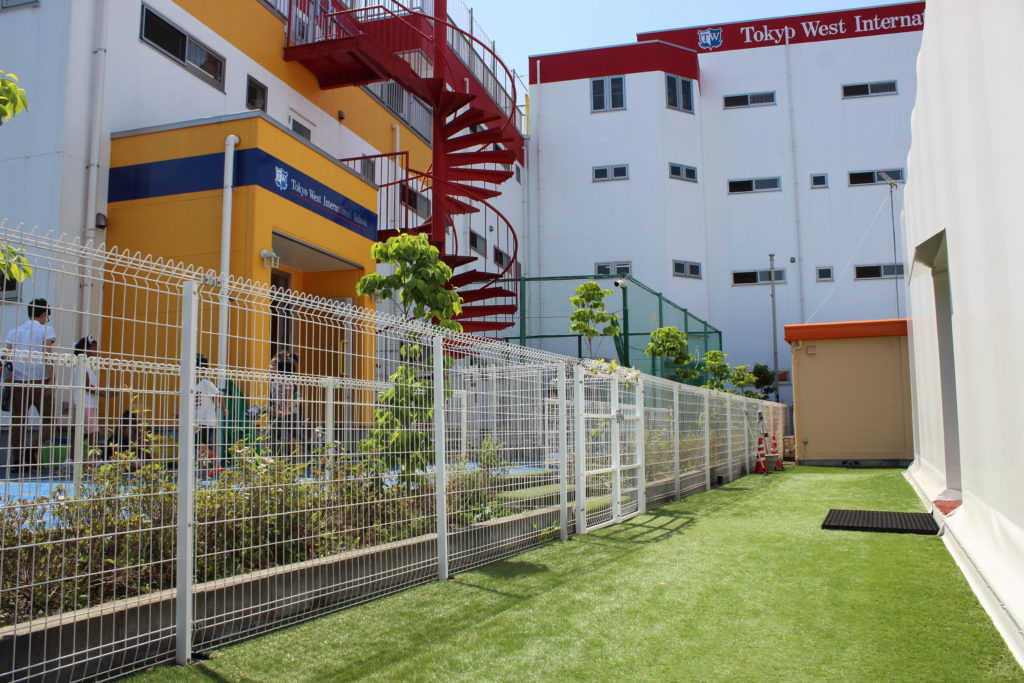Youth, Diversity And Hard Work With Yukiko Kawasaki From Tokyo West International School
The Head of the Japanese Department at TWIS Tells Us How She is Promoting Diversity Among Japan's Youth
With work experience that has taken her from Japan to the U.S.A. and back, Yukiko Kawasaki knows how to meet the diverse and evolving needs of young people today.
Yukiko Kawasaki is having a hectic afternoon when Savvy Tokyo visits her workplace, Tokyo West International School (TWIS), in the middle of December, with preparations for holiday and end-of-term events in full swing.
As we sit down to begin the interview, a little girl knocks and then pops her head round Yukiko’s office door. “Excuse me, but where are the candy canes?” Yukiko replies with a reassuring smile and, satisfied, the student skips off.
Since taking on her present role in June of last year as the admissions director and head of the Japanese department, Yukiko has been working to expand programs in order to better serve a very diverse student body.

The school follows the Japanese academic calendar and Yukiko wasn’t fazed about jumping into her new job in the middle of the first term. This dynamic educator has worked with a variety of students and schools in her career, which has taken her from Japan to the USA and back again.
“I’d heard from TWIS that they wanted to expand their bilingual program and I came on board in a brand-new capacity. I love building things up and I have a soft spot for smaller schools, so it has worked out well,” Yukiko explains.
Her experience is a perfect match for the school. The 200 students at the K to 9 school come from varied backgrounds, ranging from Japanese families who don’t use English at home, to bicultural children, returnees and those who commute from a nearby military base. It is challenging to serve the needs of such a diverse group, but Yukiko thrives on challenges and has always actively pursued opportunities where she can make a difference and have a lot of input.

From Japan to the US
“I started off as an English teacher at a juku (a so-called “cram school”) in Japan. I actually had a lot of freedom there — more so than at regular Japanese schools. The kids at a juku come by choice, in order to pass exams or improve their grades. I enjoyed having the freedom to choose my teaching style and methods,” she recalls.
Like many women in a dual-career couple, Yukiko’s initial reason for moving abroad was for her partner’s job. Her daughter was an infant at the time. The young family settled in California, where Yukiko’s husband attended business school at Stanford University.
Searching for a preschool, Yukiko was delighted when her daughter got a place at the Bing Nursery School. This facility operates as a program within the School of Humanities and Sciences at Stanford, with the mission of promoting understanding of child development. “The preschool was famous for its research and they were after diversity and multiculturalism, and so it was actually easier for foreigners like us to get their kids in than locals,” Yukiko says.

With her twin perspectives as both an educator and a parent, Yukiko then visited various schools in the area for her daughter’s next step on the education ladder. “I was looking for schools from the stance of would I like to work there myself, based on the educational philosophy, and I found the Nueva School, a gifted-talented school in Hillsborough. They just happened to be looking for a Japanese teacher to build their program for the middle school. My daughter entered from Pre-K, and I was asked for my input.”
Despite having no previous teaching experience in the USA, the school loved Yukiko’s ideas and her enthusiasm, and subsequently offered her a job. She went on to establish curriculums in both Japanese and Integrated Humanities for Nueva, where she worked for fifteen years.
While maintaining her role at Nueva, Yukiko also took on the challenge of launching the Japanese program at the Kehillah Jewish High School in Paolo Alto. “Some of my graduating students from Nueva were moving on to this school, which didn’t have a Japanese program, so I built one!” she says with a smile.
Back to Japan
The family repatriated back to Japan in 2010, which led to new professional opportunities for Yukiko. She found herself teaching adults for the first time when she took on the role as administrator/curriculum developer for Education First’s Japanese language school in Shibuya.
“When I joined them, there was just one student and now they have about 100. I taught people aged 16 and up. Most were students coming on short-term language study but we had all ages, including up to retirees.”
The students weren’t the only ones learning new things. “After so many years in the USA, I had grown to see it as the center of the world, so it was kind of a culture shock to be with people from Europe, Asia and South America who didn’t see it that way! The experience was helpful for pulling me out of my ‘American bubble’ and seeing new perspectives,” she explains.
‘Our aim is to prepare our students for entry to public or private Japanese schools, or international schools—wherever life takes them.’
After many years of being involved in academic administration, Yukiko found herself with a hankering to step back into pure teaching. She learned of an opening at the American School in Japan’s (ASIJ) high school division, teaching students for whom Japanese is a heritage language. These students come from Japanese-speaking homes, and the special program offers Japanese academic studies at a relatively high level. By the time they graduate from ASIJ’s high school, they have completed the equivalent of junior high school level Japanese.
Yukiko joined the program in 2015 and thoroughly enjoyed the experience. “It was marvelous! Teaching Japanese as a second language and as a heritage language are very different. Heritage students think about Japanese in a deep way when it is taught,” she points out.
“These kids are Japanese or ‘half’ (bicultural), but since they go to an international school, they don’t have another chance to develop their ‘Japanese’ culture academically, except during this course,” Yukiko says. “Even when they use Japanese at home, they aren’t generally talking about cultural and educational topics. This is a good opportunity for them to develop their Japanese side, which is necessary for them to fit into and feel comfortable in their own society.”
Tokyo West International School
Yukiko has been able to draw on her experience at ASIJ when developing the heritage Japanese course at TWIS — just one of the language options available for students. “Some of our bilingual program students don’t necessarily have a Japanese parent, but their families really want them to learn Japanese at native level.”

There are, of course, also classes catering courses for children who want to learn Japanese but at a less intensive level. The students who come from nearby Yokota Air Base, for example, generally do the non-native Japanese program.
Yukiko says she loves the flexibility the school offers, which is one of the main reasons why parents choose TWIS. When it comes to English, she says that as long as children join the school from the kindergarten class (or nenchou level in Japanese), they can succeed academically, even with zero English support at home.
The Homework Club is another initiative which is much appreciated by parents, particularly the non-native speakers of English. Essentially this means that children can stay for an hour after school to get help with their homework assignments. Bus departures are timed to accommodate Homework Club students, as well as those who choose to go home straight after school.
The school is also proud of its international culture and diversity. Approximately 20 percent of the students come from the Yokota Air Base, bringing their diverse American background, culture and traditions to the school.
Once they leave TWIS, the students go on to pursue a variety of paths.
“We provide a firm base with a wide range of options for our children. Our aim is to prepare our students for entry to public or private Japanese schools, or international schools—wherever life takes them.” With Yukiko Kawasaki on their team, the future looks bright for TWIS.
For more information on Tokyo West International School’s programs, admission and for other inquiries, see here.












Leave a Reply